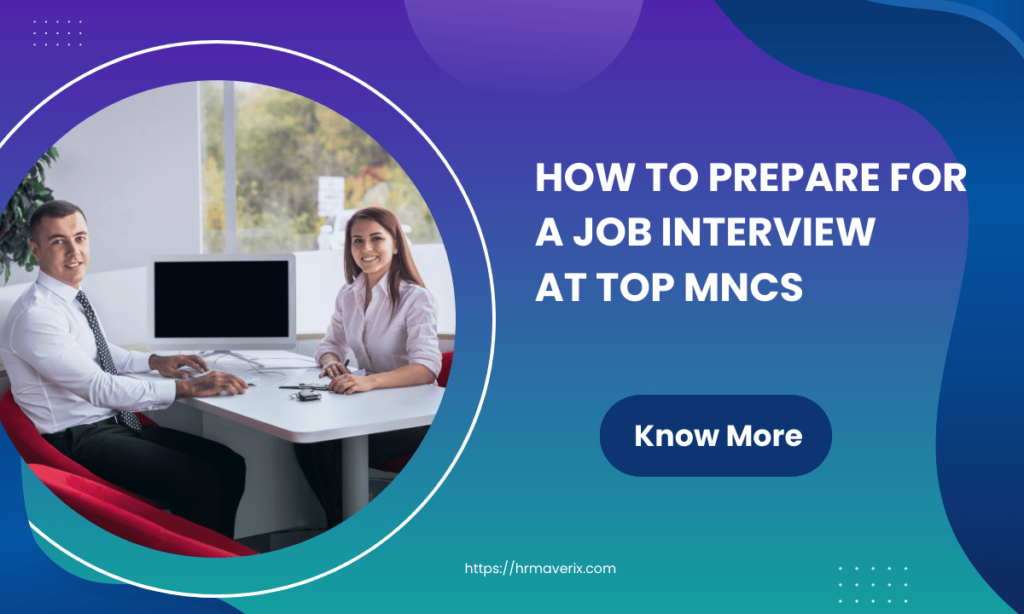Menu
Microsoft is one of the most recognizable and respected tech brands in the world, with a rich history of innovation and a reputation for attracting top talent. The company’s recruitment process is rigorous, competitive, and designed to identify the best candidates for its various roles. In this article, we’ll delve into the insights of Microsoft’s recruitment process, providing valuable tips and information for job seekers interested in working at the tech giant.

Microsoft’s recruitment process typically begins with an online application, where candidates submit their resume and a cover letter explaining why they’re interested in the role. The application is then reviewed by a recruiter, who assesses the candidate’s qualifications, experience, and fit for the position.
If the application is successful, candidates are invited to participate in a series of interviews, which may include:
Throughout the recruitment process, Microsoft assesses candidates against specific criteria, including:
Microsoft’s coding assessments are a critical step in evaluating a candidate’s technical skills and problem-solving abilities. The company uses a combination of automated and human-assisted assessments to evaluate a candidate’s coding skills, including:
To increase your chances of success in Microsoft’s coding assessments, it’s essential to follow these valuable tips. Practice regularly by participating in coding challenges on platforms like HackerRank, LeetCode, or CodeFights. Focus on strengthening your understanding of fundamental data structures, algorithms, and computer science concepts. Additionally, read others’ code to analyze and learn from their approaches, improving your own coding skills in the process. Join online communities like GitHub or Reddit to engage with other developers, learn from their experiences, and receive feedback on your code. Finally, stay calm under pressure by practicing time management skills during timed challenges, which will help reduce stress and boost your confidence in the assessment process.
One key component of this process is the behavioral interview, which is used to assess a candidate’s past experiences and behaviors to predict their future performance.
A behavioral interview is a type of interview where the interviewer asks a candidate to provide specific examples of past experiences and behaviors that demonstrate their skills and abilities. The goal is to understand how the candidate has handled different situations in the past, rather than relying on hypothetical scenarios or general answers. Microsoft’s behavioral interview process typically involves a series of questions that are designed to assess a candidate’s skills, experience, and fit with the company’s culture. The questions are often based on the company’s values and competencies, which are:
Microsoft’s behavioral interview process is designed to assess a candidate’s fit with the company’s culture and values, as well as their technical skills and experience. By understanding what types of questions will be asked and preparing accordingly, candidates can increase their chances of success.
At Microsoft, leadership is not just about giving orders or managing teams. It’s about inspiring, empowering, and developing others to achieve their full potential. The company’s leadership expectations are designed to identify candidates who possess the skills, knowledge, and personal qualities necessary to lead and succeed in a fast-paced and dynamic environment.
Microsoft’s recruitment process is designed to identify candidates who possess the leadership skills, knowledge, and personal qualities necessary to succeed in a fast-paced and dynamic environment. By understanding the company’s leadership expectations and assessment techniques, candidates can better prepare themselves for the interview process and increase their chances of success.